The Elementary Program
Elementary children are social beings who have an innate and natural ability to reason, which is unsurpassed at any age. The combined power of their reasoning intellect and imagination are so potent that virtually any concept or system – no matter how abstract – can be presented in such a way that they can begin integrating knowledge of the universe from all directions through all disciplines.
Our elementary children work at their own pace in a non-competitive atmosphere. We will work with your child to help him or her gain an understanding of self, develop sensitivity to others, and master the tools and skills needed to pursue knowledge on their own.
School day
8:30 a.m. – 3:30 p.m.
Study Hall from 3:30 p.m. – 4:30 p.m.
Extended care from 7:00 a.m. – 6:00 p.m.
Extended care included with tuition.

The Elementary Curriculum
The elementary program provides a full expression of the Montessori principles of self-directed, individualized learning in a truly integrated curriculum.
By building on the basic skills acquired in the primary program, the elementary child moves from the concrete to abstract reasoning and problem solving.
By the time students complete the elementary program, they have evolved from primary students manipulating sandpaper letters, golden beads and sound cylinders in to twelve-year olds performing advanced science experiments, reciting Shakespeare and calculating the squares of binomials and trinomials.
The Montessori curriculum meets the objectives of the School District and encourages students to go beyond the basic requirements.
LANGUAGE ARTS
Language arts are an important component in the elementary curriculum. In this fully integrated curriculum, the student improves listening, speaking, reading and writing skills through literature studies, comprehensive writing activities and research in geography, history and sciences.
The students make use of computers for reading and research and are taught to go beyond the confines of the classroom for information. Spelling, grammar, punctuation, word study and reference skills are integrated throughout each assignment.
MATHEMATICS
The student still uses manipulative materials to master abstract mathematical operations, but now progresses to working with fractions, decimals and geometry. When the child realizes that mental processes are faster than manipulating materials, the materials soon are discarded and the child now has a solid conceptual understanding as well as a true appreciation for the properties of mathematics.
HUMAN RELATIONS
The materials are uniquely presented in an elementary classroom beginning globally and historically, and working towards the local and present. Fully integrated to reflect the inter-connection of life. The human relations curriculum includes geography, history, science, anthropology, geology, music, art and other related subjects. Foreign language and library skills round out the students’ academic curriculum.



